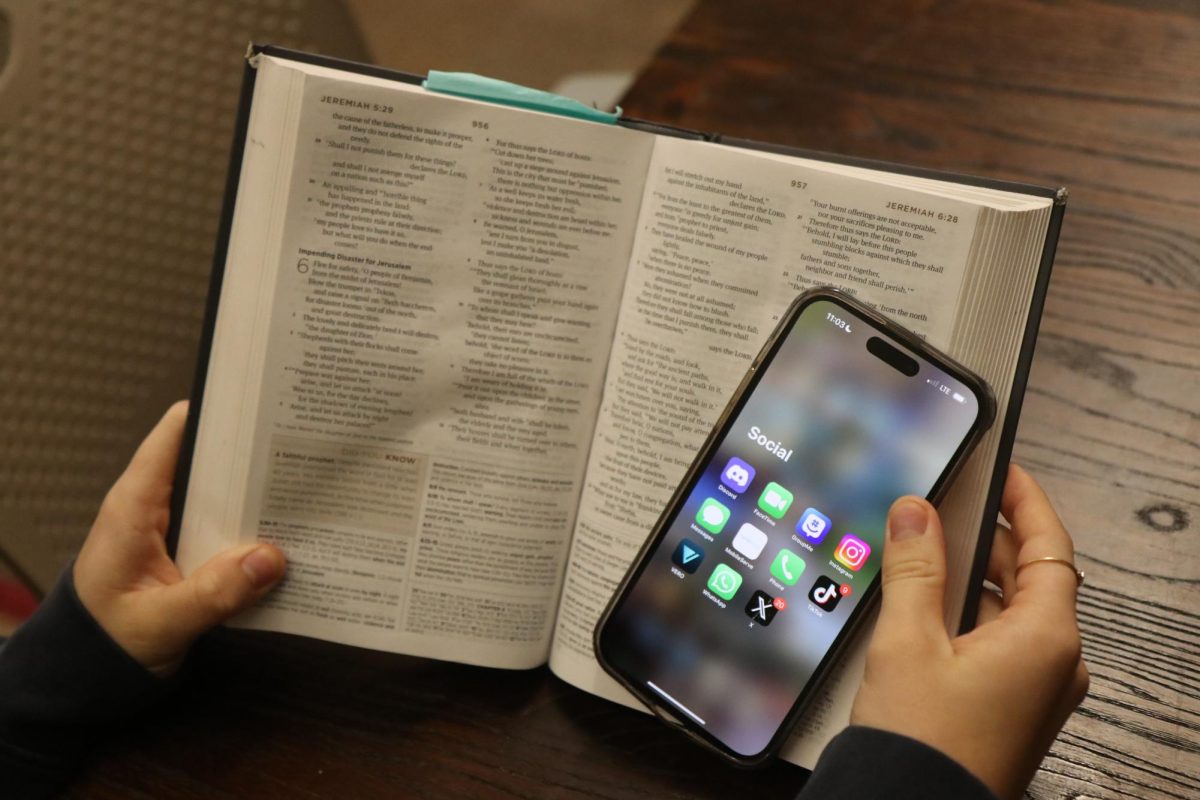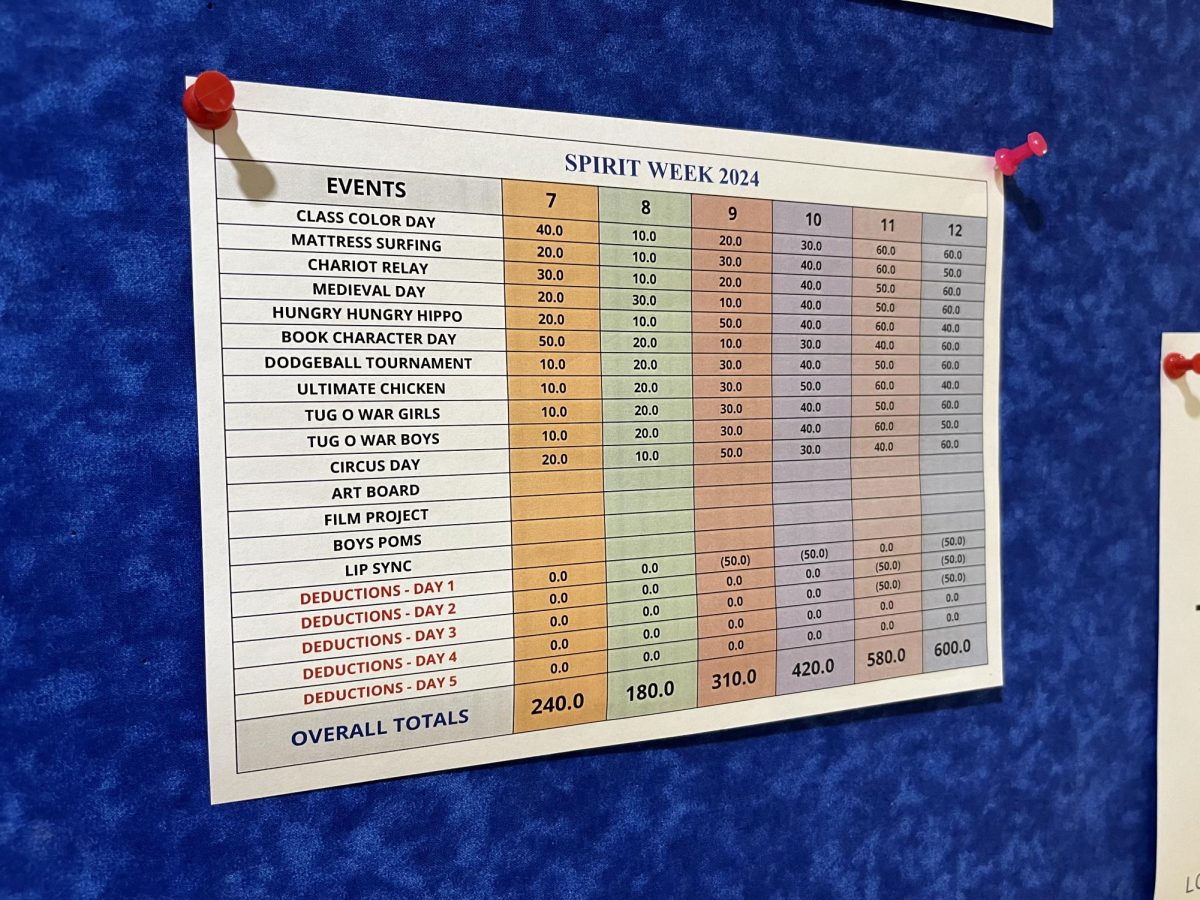The ability to interact with others has existed since the beginning of time. However, along the way, there have been advancements in technology that have changed the way people communicate.
The phenomenon of texting allows immediate communication without having to talk on the phone. However, if texting becomes the main form of communication in it’s non-verbal fashion, the potential to effect one’s ability to communicate in person remains. Not only could it affect communication skills, but it could also hinder one’s vocabulary skills.
David Orr is the Paul Sears Distinguished Professor of Environmental Studies and Politics. He is well known for his pioneering work on environmental literacy. A controversial statistic appearing in The Oberlin, an online column by Orr, notes that the vocabulary of the average 14 year-old in America has declined from 25,000 words in the 1940’s to around 10,000 words today. If this proves to be true, it reflects poorly on our society and school system.
Similar to the PSAT or PLAN test that American students take, Ireland’s national Junior Certification Exam gained worldwide attention when it concluded from the 2007 results that,
“Text messaging, with its use of phonetic spelling and little or no punctuation, seems to pose a threat to traditional conventions in writing.” The same study also notes,
“The emergence of the mobile phone and the rise of text messaging as a popular means of communication would appear to have impacted on standards of writing as evidenced in the responses of candidates,” according to the Irish Times.
Although this is a concern for many, such problems must have been brought up when other forms of technology were invented. Therefore, texting appears to be the current barrier in communication and language skills for today’s society.
Texting however, is not the only potential threat to social skills. In the past 10 years, the world of social networking has sky rocketed. Currently, the top three ranked social networking sites include Facebook, MySpace, and Twitter. Don’t get me wrong; these sites are great when connecting with others. However, it doesn’t provide the element of face-to-face communication. Also, the abbreviated language used throughout the online world diminishes the use for extravagant vocabulary.
In 2004, the research done by the telecommunications division of British Gas appeared in the online magazine Daily Mail, which claimed,
“Individuals spent 225 minutes a day on the phone or sending messages online- more than the time spent watching television. According to the research, the average Briton spent 88 minutes a day on fixed landline phone, 62 minutes on the mobile, 53 minuets e-mailing and 22 minutes texting.”
The fact is society will most likely never return to the slow paced environment it once was. Therefore, we must make the most of the time we live in. Social skills are something that we all will carry with us; therefore we must learn how to communicate in an effective and intelligent way. People can remain to tweet, Facebook chat, or text however; we must make an effort to improve our communication and vocabulary skills.









